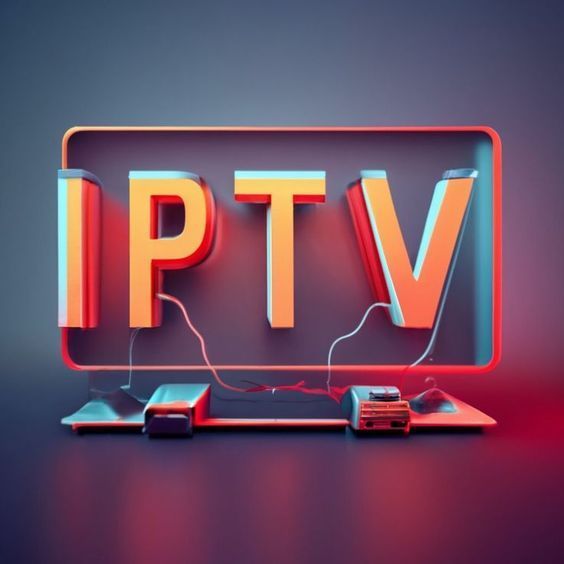In the rapidly evolving world of television and media consumption, IPTV (Internet Protocol Television) has emerged as a popular alternative to traditional broadcasting methods. However, with its rise in popularity, numerous myths and misconceptions have surfaced. In this blog post, we’ll debunk some of the most common IPTV code myths, helping you navigate this landscape with clarity.

Myth 1: IPTV is Just Piracy
One of the biggest misconceptions about IPTV is that it’s synonymous with piracy. While it’s true that some IPTV services operate illegally by streaming copyrighted content without authorization, many legitimate IPTV providers have licensing agreements and operate within the law iptv code. These providers offer a wide range of channels and on-demand content, similar to cable services, but delivered over the internet. Always research a provider’s legality before subscribing.
Myth 2: IPTV Requires High-Speed Internet Only
While a stable internet connection is essential for a good IPTV experience, it’s a common myth that only high-speed internet can support IPTV. Most standard broadband connections (10-25 Mbps) are sufficient for streaming. However, if you plan to watch multiple streams simultaneously or enjoy 4K content, faster speeds (50 Mbps or more) will enhance your experience. The key is not just speed but also stability—an unstable connection can lead to buffering and interruptions.
Myth 3: All IPTV Services Are the Same
Another prevalent myth is that all IPTV services offer the same content and quality. In reality, IPTV services vary widely in terms of channel selection, picture quality, user interface, and customer support. Some focus on live television, while others excel in on-demand content or niche programming. Always compare services based on your viewing preferences, and read reviews to find a provider that meets your needs.
Myth 4: You Can Only Use IPTV on Smart TVs
Many people believe that IPTV can only be accessed through smart TVs, but that’s not true. IPTV can be enjoyed on various devices, including smartphones, tablets, computers, streaming boxes (like Roku or Amazon Fire Stick), and even traditional TVs when paired with compatible hardware. Most IPTV providers offer apps for multiple platforms, making it easy to watch your favorite shows on the device of your choice.
Myth 5: IPTV is Difficult to Set Up
The idea that IPTV is complicated to set up is another myth. While some services may require technical know-how, many legitimate IPTV providers have user-friendly interfaces and offer step-by-step installation guides. With a little guidance, even the least tech-savvy individuals can get their IPTV service up and running in no time.
Myth 6: IPTV is Always Cheaper Than Cable
While many IPTV services do offer more affordable pricing compared to traditional cable packages, it’s a myth that all IPTV options are cheaper. The cost can vary significantly based on the provider, channel offerings, and additional features. It’s essential to evaluate the overall value you’re getting rather than just the price tag. Consider factors like channel variety, quality of service, and any hidden fees before making a decision.
Myth 7: IPTV Doesn’t Offer Live Sports
Some believe that IPTV services lack live sports coverage. In reality, many IPTV providers include live sports channels and even offer dedicated packages for sports enthusiasts. However, the availability of specific sports channels may vary by region and provider. If live sports are a priority for you, be sure to check the channel lineup of potential providers.
Conclusion
As IPTV continues to gain traction, it’s crucial to separate fact from fiction. By debunking these common misconceptions, you can make informed decisions about your media consumption. Whether you’re considering an IPTV service for its convenience, variety, or cost-effectiveness, understanding the truth behind these myths will help you enjoy a seamless viewing experience.
